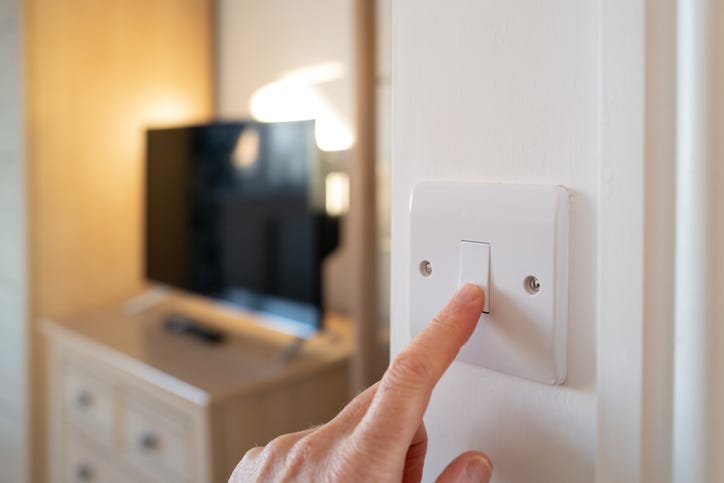
(WWJ) Beginning in March, DTE Energy is moving to a time of day rate plan — which means electricity will cost more or less depending on when you're using it.
DTE describes the new rate system this way: "With our new Time of Day 3 p.m. - 7 p.m. rate, when you adjust your habits and do things like laundry, dishes or run your air conditioner in off-peak hours, you benefit from a lower electric rate. You choose how to manage your electric use so you're in control of your bill."
To put it simply: Electricity will cost more during peak hours than it will cost during off-peak hours, which are 3 p.m. through 7 p.m. on weekdays.
How will this affect my bill? Customers are currently paying between 16.9 cents and 18.6 cents per kilowatt hour all day, every day.
Here are the rates under the new plan:
During off-peak hours — Before 3 p.m. and after 7 p.m. on weekdays -- and all weekend long — DTE customers will pay 15.45¢ per kwh.
During peak hours — From 3 p.m. until 7 p.m. during weekdays for a total of four hours each day — DTE customers will pay 15.45¢ per kwh October through May, and 20.98¢ per kwh June through September.
DTE released a video explaining the new plan, and said it would be sending customers a detailed packet in the mail as well.
DTE Energy explain new rate plan starting in March 2023
Get more info from DTE, including FAQ, HERE.
This change is coming at an interesting time for DTE, just after hundreds of thousands of the utility's Metro Detroit-area customers went without power for several days following a historic ice storm.
While DTE said it has restored power to more than 600,000 affected homes and businesses, there were 16,000 DTE customers without power on Wednesday. It's unclear how many of those were from last week's storm, and how many resulted from freezing rain that moved through on Monday.
DTE this week announced that customers who lost power for four or more days would receive a $35 credit to their accounts, raising the eyebrows of some — including lawmakers in Lansing — who say $35 is not nearly enough.

